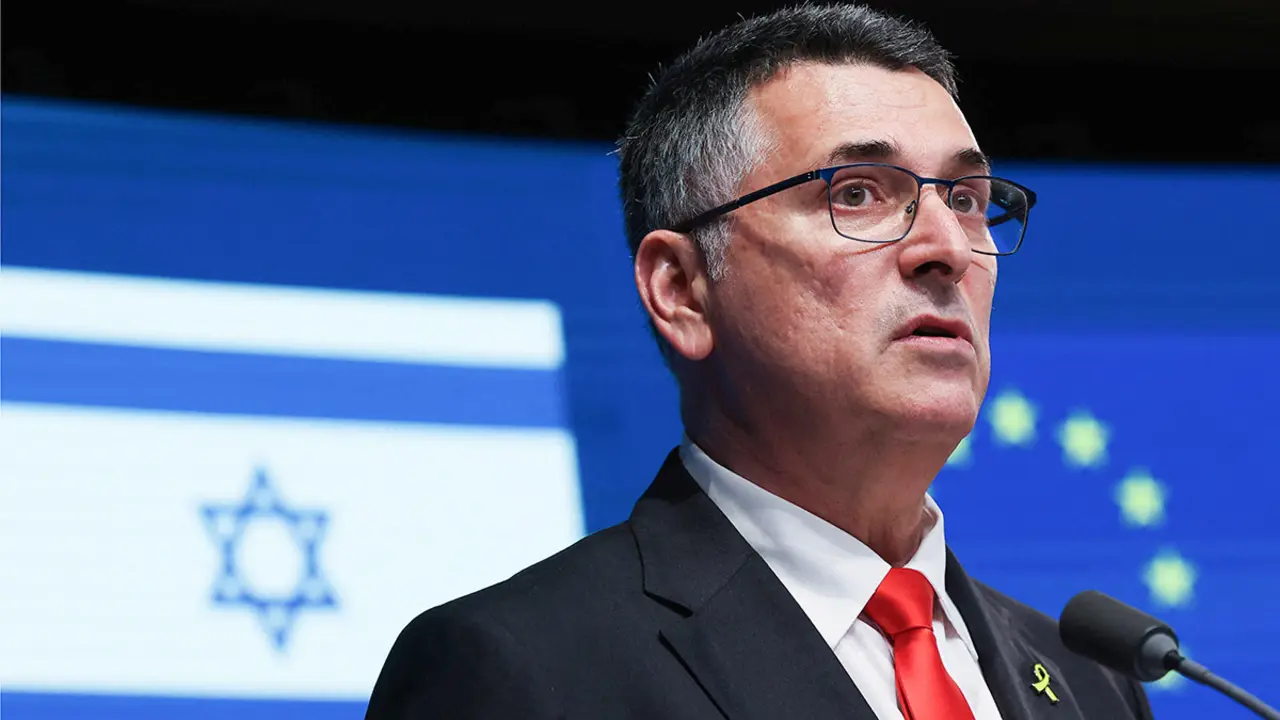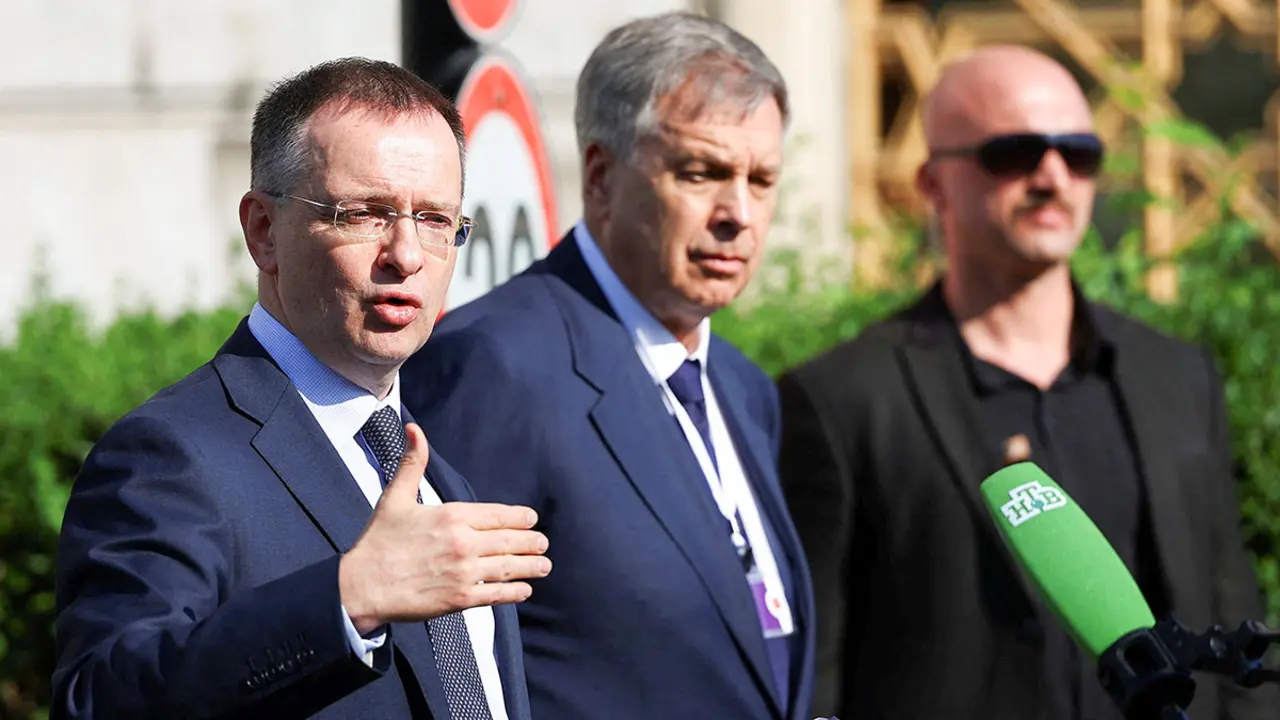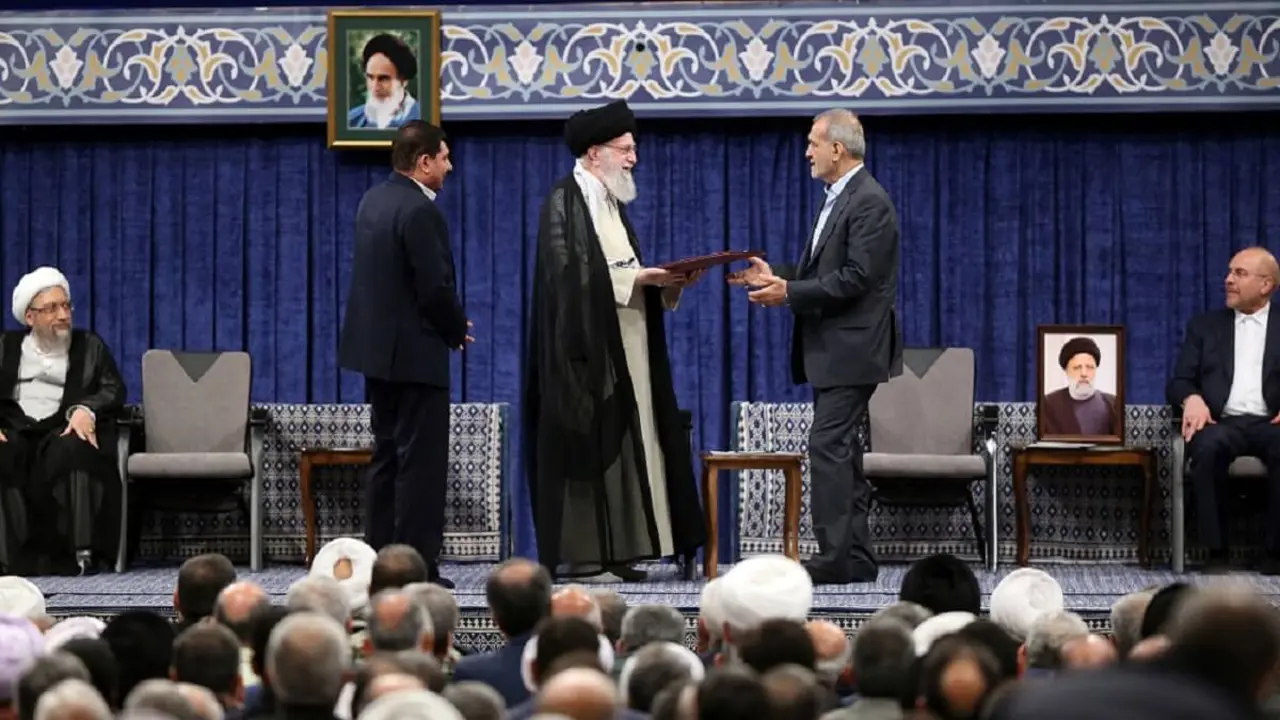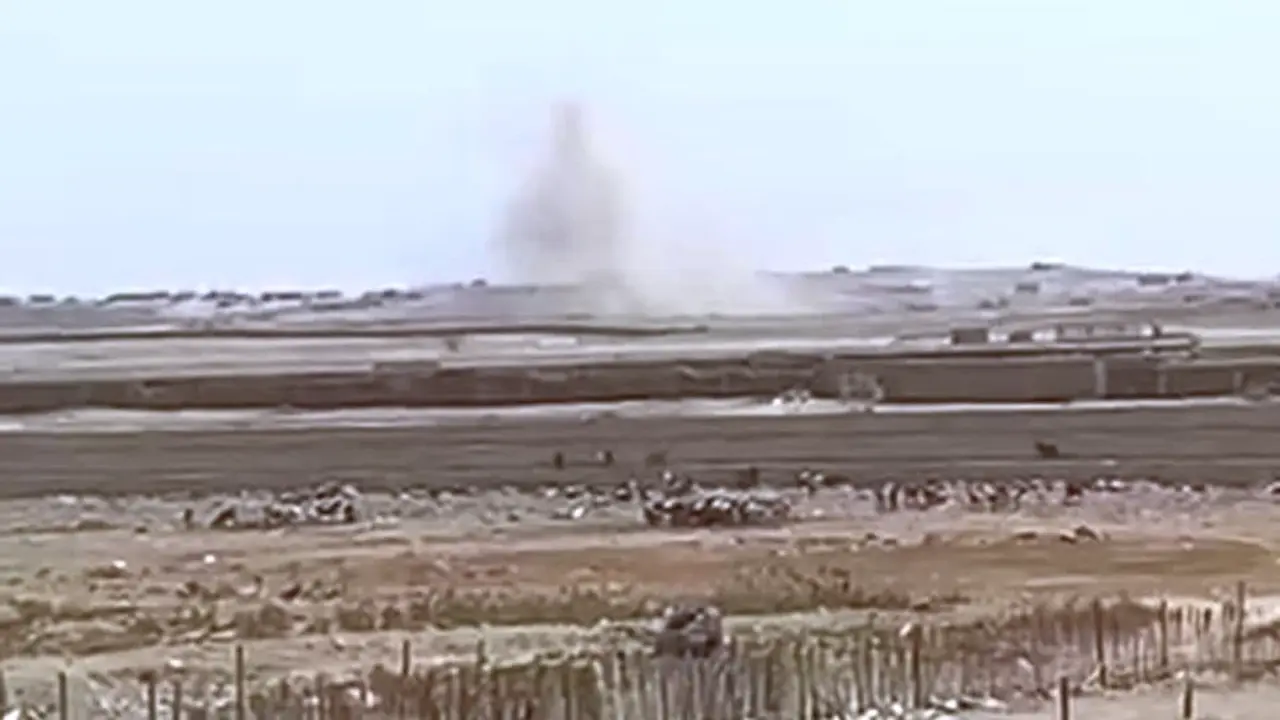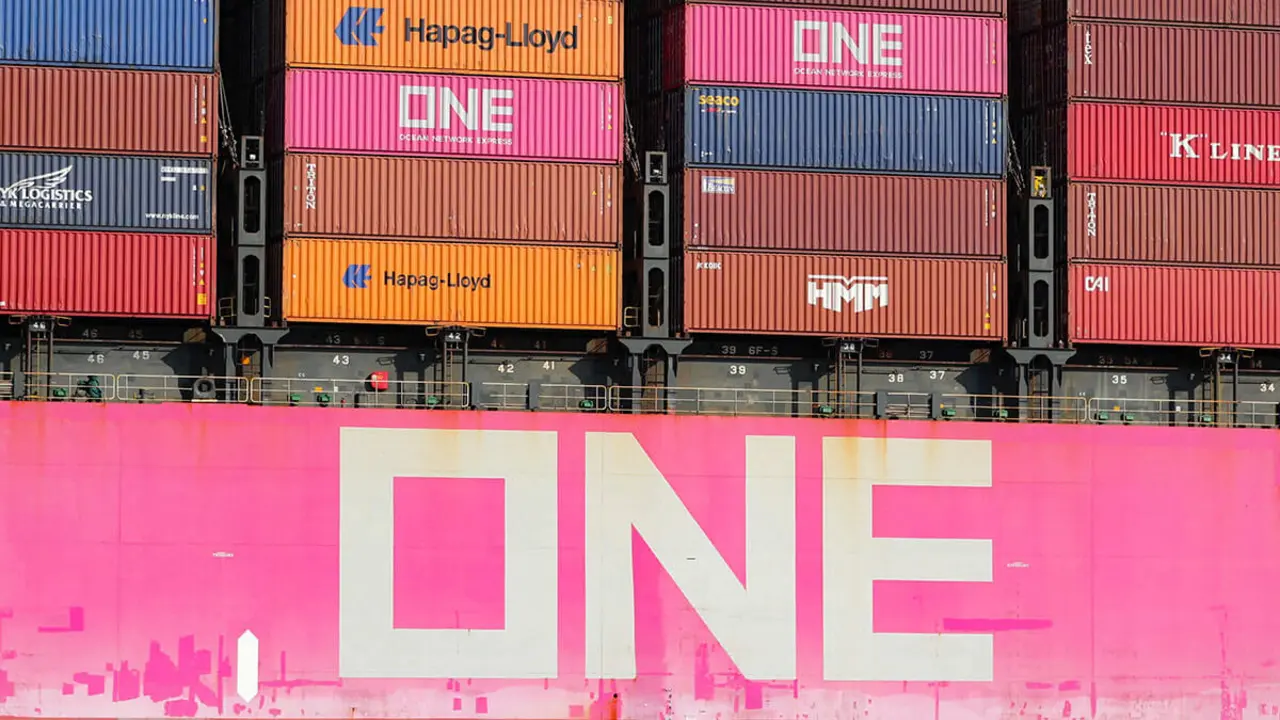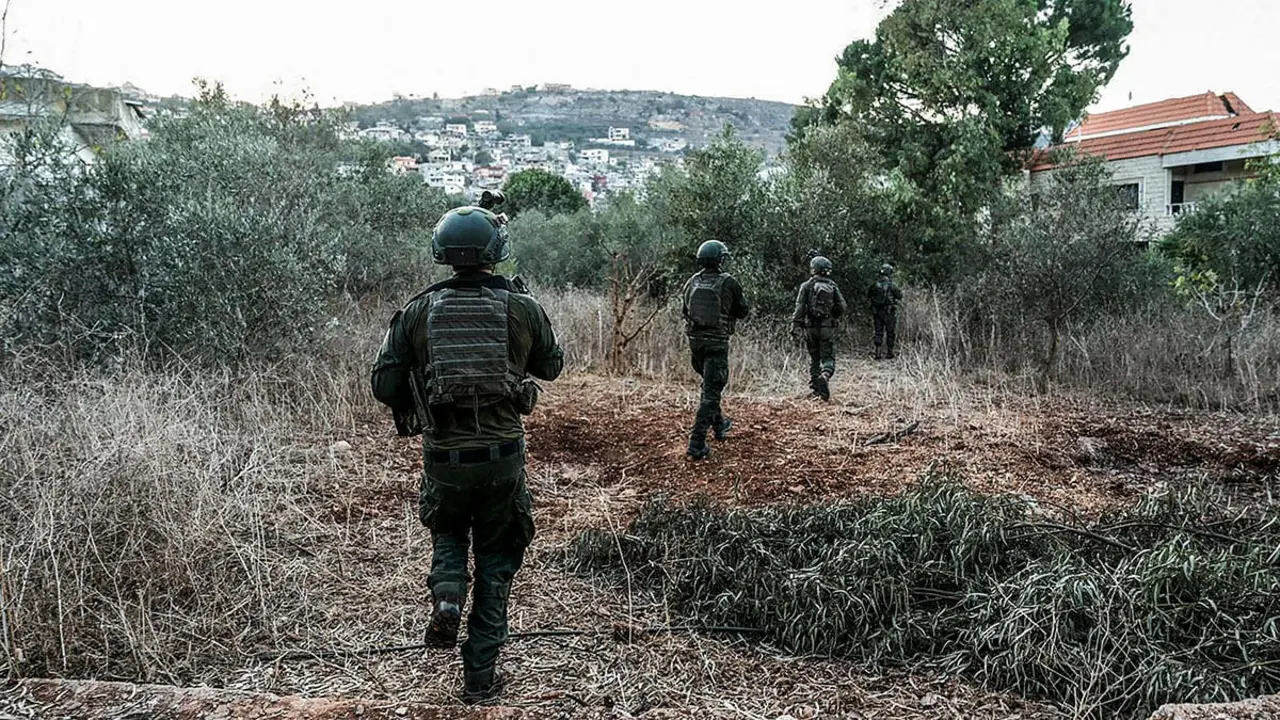Ana Palacio: “La UE está llamada a desempeñar un papel de primera magnitud en el Sáhara”

The European Union (EU) is called upon to play a "role of the first magnitude" in the relaunching of talks between the parties with a view to a definitive solution to the Sahara conflict, the former Spanish Minister of Foreign Affairs, Ana Palacio, underlined.
The status quo in the Sahara - and in the Maghreb in general - cannot last, the former head of Spanish diplomacy pointed out in a column recently published by the Prague-based international media organisation Project Syndicate, before adding that "war, if it were to return, would fuel instability in the whole region".
Referring to the US recognition of Morocco's full sovereignty over its southern provinces, he pointed out that "the US is not the only country supporting Morocco in the Sahara dispute."
"By the end of 2020, 18 countries in sub-Saharan Africa and the Gulf had opened, or expressed their intention to open, consulates in the Sahara, implying a tacit recognition of Moroccan sovereignty," he explained.
Moreover, he said, the Polisario has recently challenged, unsuccessfully, the legality of agricultural exports and fisheries agreements between Morocco and the EU before the European Court of Justice.
He claimed that "the Saharawis are taken hostage by the Polisario to support the discourse according to which Morocco is an occupier, a discourse which is not confirmed by international law", maintaining that none of the 69 Security Council resolutions on the Sahara "refers to an occupation".
These resolutions, he said, rather call on the parties to negotiate a political settlement.
It should be recalled that the UN Security Council has insisted in its resolutions, especially the latest (2548), on a realistic, pragmatic and lasting political solution, based on compromise, for the settlement of the artificial conflict in the Sahara.
It thus enshrines the pre-eminence of the Moroccan proposal for autonomy, which has the support of the international community and which the US administration rightly considers to be the basis for any political solution.

